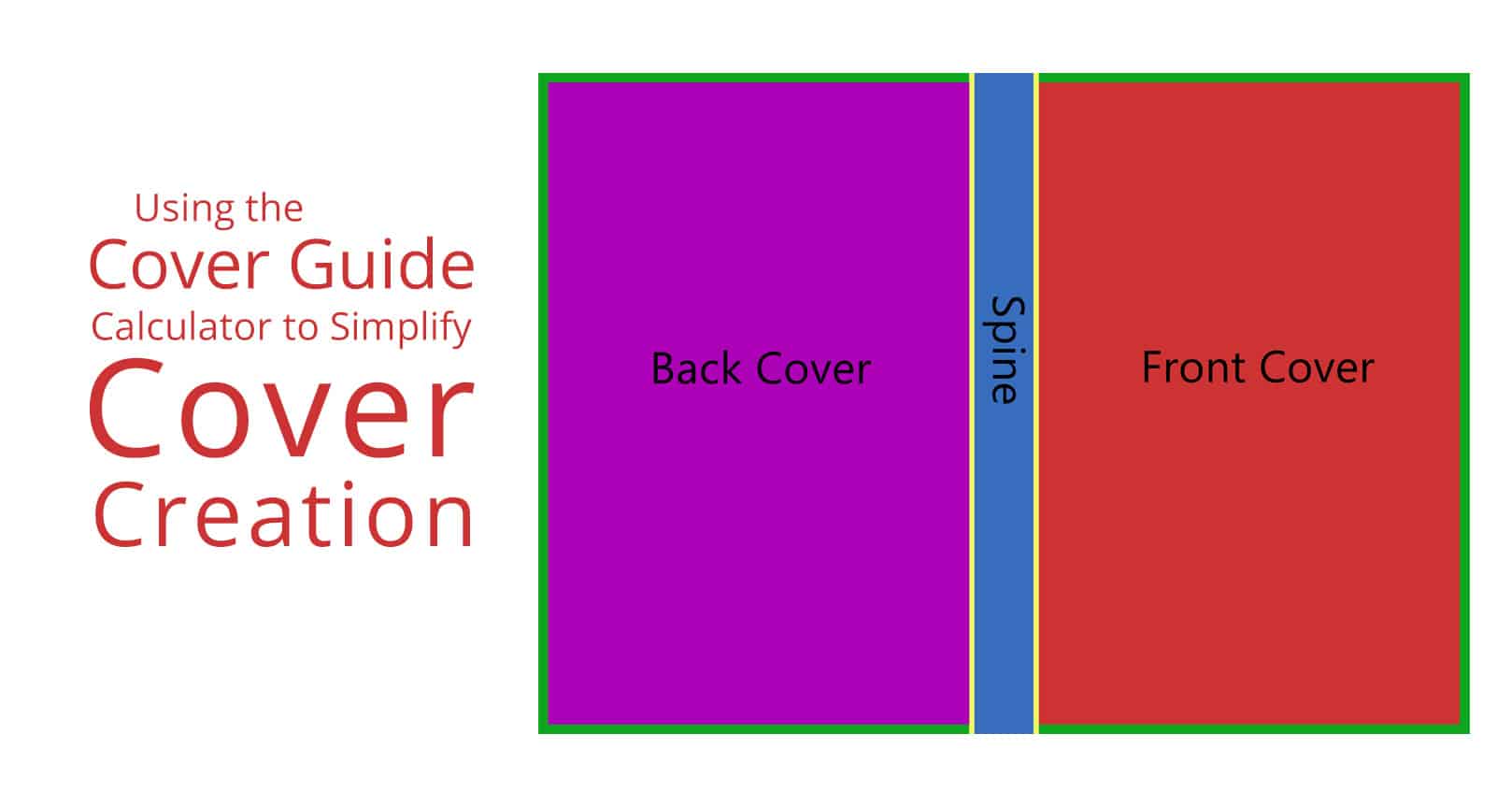
Have you ever been confused about how to use or conjugate lay and lie? Mix-ups between these verbs are something we see in a lot of books submitted to Book Cave. The rule is really quite simple, once you cut through all of the jargon: “Lay” is a transitive verb, and “lie” is an intransitive verb. But what does that mean?
Lay Is a Transitive Verb
Lay is a transitive verb because it always takes a direct object. In other words, it refers to something you do to something else—like laying an object down. One way to remember how to use “lay” or “lie” is to compare it to “sit” and “set.” Just like the word “lay,” a person sets something else down, and just like the word “lie,” a person sits down. Notice how you can exchange “lay” for “set” in these sentences.
- I will lay/set the book down when I finish it. (Here, the direct object is “book.”)
- Lay/set the dress over here. (Here, the direct object is “dress.”)
- I lay/set my head on the cool table. (Here, the direct object is head—yes, your head can be an “object”!)
Lie Is an Intransitive Verb
On the other hand, lie is an intransitive verb because it never takes a direct object. It is an action you perform. Here, you can exchange “lie” for “sit.”
- I want to lie/sit down.
- I’m going to go lie/sit down.
- Lie/sit down over here.
Notice there is no direct object in these sentences: no objects are being acted upon.
Simple, right? But it gets confusing when you look at how to conjugate lay and lie to present participle, past participle, and especially past tense.
Conjugating Lay
Before we look at the conjugations, let’s quickly go over what past and present participles are. A present participle is simply an –ing verb. For example, “running” is a present participle. A past participle is the verb you pair with “has,” “have,” or “had.” For example, in the sentence “I have eaten all the chocolate,” the word “eaten” is a past participle. Participles, as well as the verb that follows “will” in future tense, never change when tense changes. The word directly before the verb (have, has, or will) is what is conjugated.
Okay, here are the conjugations for the verb “lay.”
Present: lay/lays
Future: will lay
Past: laid
Present participle: laying
Past participle: Laid (yes, past and past participle are the same!)
Here are some examples.
- She/he/it lays the dress down. (An event happening in present tense)
- You/they/we/I lay the dress down.
- She will lay the dress next to the fire when she gets here (An event happening in the future)
- She laid the dress down already. (An event that happened in the past)
- I am laying the dress next to the fire. (An event happening currently)
- I have laid the dress out already. (An event that happened in the past but is being talked about in the present)
Conjugating Lie
Conjugating lie is a little more confusing. You’ll see why when you read these conjugations:
Present: lie/lies
Future: will lie
Past: lay
Present participle: lying
Past participle: lain
The past tense of “lie” is “lay” (yes, the same spelling and pronunciation as the present conjugation of lay)! This is where a lot of the confusion stems from. Here are some examples:
- You/they/we/I lie down suddenly.
- She/he/it lies down suddenly.
- She will lie down after dinner.
- She lay down after I ordered her to. (An event that happened in the past)
- I’m lying by the fire.
- I have lain here, waiting, for forever! (You can also say “I have been lying here, waiting, forever!” In fact, most people would say that instead of “lain,” but to keep it simple, I won’t go into what we English nerds call this usage.)
How to Conjugate Lay and Lie in a Novel Written in Past Tense
What about using lay and lie in a novel? Most novels are written in past tense, which can get confusing with all these conjugations. If you are writing your novel in past tense, make sure to use the past tense conjugations.
Tricky past-tense conjugations for “lay”:
- He watched as she laid the dress out. (While this action is happening in the present, “lay” is conjugated to past tense in a novel written in past tense.)
- I had laid the dress out already. (Here, “had” is used with the past participle of “lay.” Why? Because “had” is past tense, and if you’re writing in past tense, you must remember to use the past tense conjugation of “have” as well. As previously noted, the past participle “laid” does not change.)
- She was laying the dress over by the fire. (The present participle is not affected by the tense, but the word “was” is the past tense of the word “is” because the novel is written in past tense.)
Tricky past-tense conjugations for “lie.”
- I lay down, feeling sick. (Here, lay is used because it is the past tense of lie.)
- She lay down, mumbling incoherently.
- I would lie down in a bit. (Remember, the verb that follows “will” stays in present tense. But notice that the word “would” is actually the past tense form of “will.” In a novel written in past tense, “will” must be conjugated to past tense, as it is in this example. This particular example would be from a novel written in first person.)
- I was lying down by the fire. (As a reminder, the present participle is not affected by the tense, but the word “was” is the past tense of the word “is.”)
If you’re writing your novel in past tense, though, keep in mind that characters will still speak in present tense in dialogue (inside the quotes).
- “Please lay the dress over here.” (For a novel written in past tense, this example is only correct in dialogue.)
- “I will lie down in a bit.” (For a novel written in past tense, this example is only correct in dialogue.)
We believe that the trickiness of “lay” versus “lie” isn’t in deciding which one to use: it’s in conjugating the verbs correctly, especially in a novel written in past tense. If in doubt, try substituting it with “set” and “sit.” Many people find that easier to use. You can see more simple examples of lay/lie in author Teyla Branton’s informative post.
















Regarding your sentence:
“She lay the dress down. (An event happening in present tense)”
– if it’s present tense, why not “lays”?
Thank you!
Ah, you’re right. Third person present is “lays.” So:
you lay
they lay
she/he/it lays
I’ll get that fixed. Thanks for catching it!
Very nice explanation. I hate to be over-picky, but you should have said “replacing” instead of “substituting.”
My wife’s family always had a saying: Chickens lay eggs…. people lie down. Remember that and you will never have a problem.